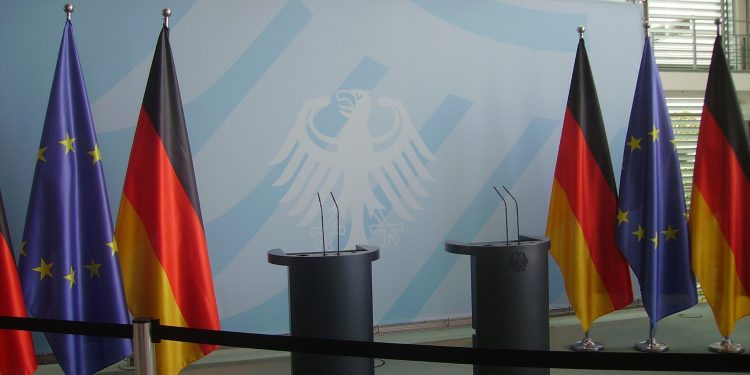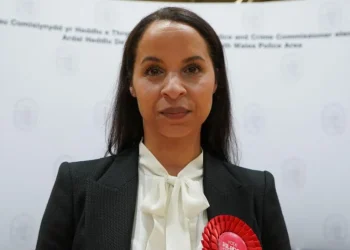EU leaders once again found themselves in conflict with Hungary as Prime Minister Viktor Orbán declared at a summit in Granada that his country would not support proposed migration laws. Poland also joined in the protest, accusing Brussels of imposing its will on other member states in relation to the proposed laws designed for addressing sudden refugee crises, such as the one in 2015 when over a million people arrived in the EU from Syria and beyond.
Orbán used strong language, describing a deal without Hungary as an attack on his country because EU leaders proceeded with the laws without the support of Hungary or Poland. He argued that the laws, yet to be voted on, required unanimous approval, although the European Council publicly asserted that only majority support was necessary.
In an effort to prevent a full-blown dispute that could overshadow the informal gathering in Spain, EU leaders decided to remove a 119-word paragraph from the final communique, which pertained to the bloc’s general commitments on migration. Instead, they adopted a “Granada declaration” covering other issues, including the bloc’s strategy for the coming years. European Council President Charles Michel issued a separate “president’s statement” reaffirming the EU’s commitment to the proposed migration laws.
Ursula von der Leyen, the President of the European Commission, downplayed the objections from Hungary and Poland, emphasizing that there was broad support for the proposed laws at the summit. She expressed optimism about the law on migration, emphasizing the need to address the root causes of migration and establish safe pathways.
Migration will return to the agenda in two weeks when the 27 leaders meet formally with decisions to make. By then, tensions with Poland may have eased, especially in light of the general election that occurred over the weekend.
This dispute with Hungary and Poland mirrored a previous episode in June when both countries attempted to block draft migration laws on asylum rules and the relocation of refugees within the EU.
During the summit, the leaders discussed the broader strategy for the European Union, including enlargement, but made no progress in initiating the reforms required to accommodate up to 10 new countries, including Ukraine and Moldova.
For any enquiries please, email our editorial team at [email protected]. If you liked this story, kindly sign up for Clariform Newsletter, a handpicked selection of stories that helps you clarify things that matter and gives you clear signals about your world, delivered directly to your inbox.
Please subscribe to our YouTube channel, and join thousands of Clariform on Facebook, Twitter and Instagram.












